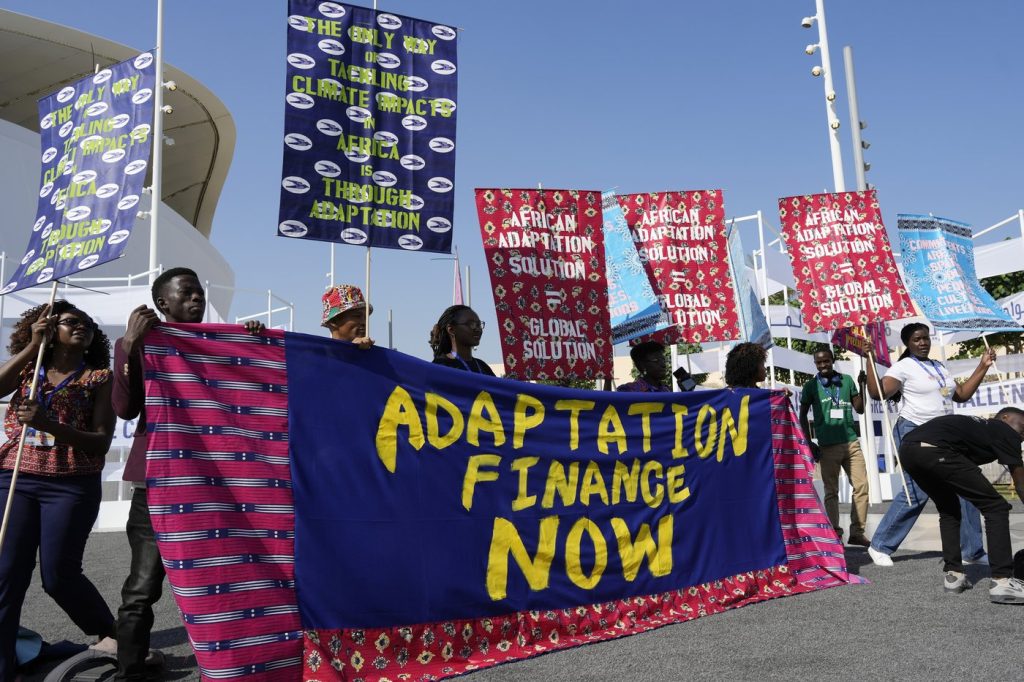TORONTO – A recent report by RBC emphasizes a shift in the focus of businesses regarding climate change. While previous efforts concentrated on preventing the worsening of climate impacts, there is a growing recognition that adaptation and preparation are essential as the financial burdens of extreme weather and natural disasters increase. The report highlights that costs associated with such events reached an alarming US$368 billion in the previous year, marking a 14 percent rise above the long-term average since 2000. Moreover, it is projected that this year's costs could potentially match or surpass that total.
The increasing financial toll of climate-related disasters has escalated discussions in corporate boardrooms. The report indicates that mentions of climate change have surged, especially in the United States and Asia, where discourse has reached new highs. However, Canada has witnessed a recent decline in climate-related discussions, suggesting a disparity in engagement on this critical topic.
Industries such as utilities, insurance, and industrial services are noted for their heightened conversation regarding financial risks posed by climate change. Additionally, these sectors are recognizing the potential growth opportunities presented by an increasing demand for products and services that enhance adaptation and resilience to climate impacts. As the economic implications of climate change become more pronounced, businesses are exploring strategic positions that align with this shift.
The RBC report underscores the ongoing challenges in financing larger, long-term adaptation initiatives, which may include infrastructure improvements like burying power lines and constructing floodways. Nevertheless, research conducted in the current year suggests that for every dollar invested in adaptation and resilience, there is a return of over ten dollars in benefits over a decade, indicating the significant economic rationale for such investments.
While the RBC report primarily focuses on U.S. companies poised to benefit from this evolving trend, Canadian firms are also identified as potential beneficiaries. Notably, companies like Nutrien and MDA Space Ltd., along with several entities in the waste management and engineering sectors, are expected to experience increased demand for their services and products as the need for climate adaptation grows.
This evolving landscape reflects a broader recognition among businesses of the necessity to address both the risks associated with climate change and the opportunities for growth that arise from investment in sustainable adaptation practices. As the impacts of climate-related disasters become more frequent and severe, the importance of proactive measures is clear, suggesting that companies willing to adapt will emerge stronger in the face of these challenges.
In summary, the RBC report sheds light on an essential transformation in corporate attitudes toward climate change, emphasizing both the financial perils and opportunities that adaptation efforts present. The rise in climate-related discussions in global markets, coupled with the tangible economic benefits of adaptation investment, suggests a significant shift in how businesses approach their strategies in a rapidly changing climate landscape.











